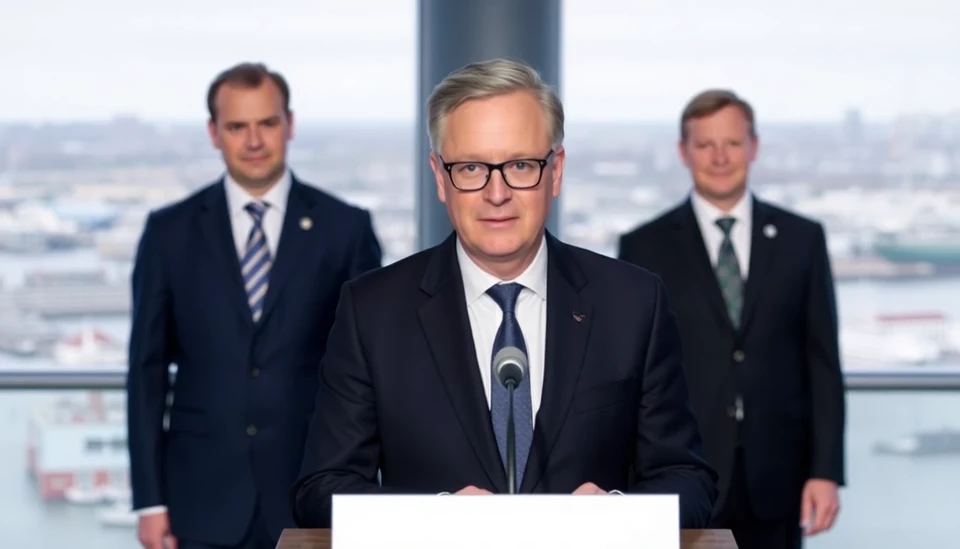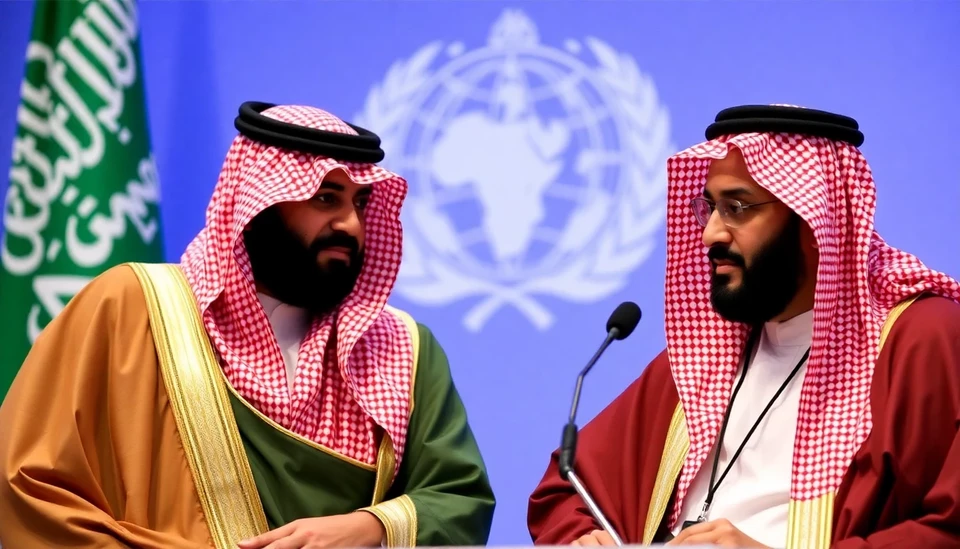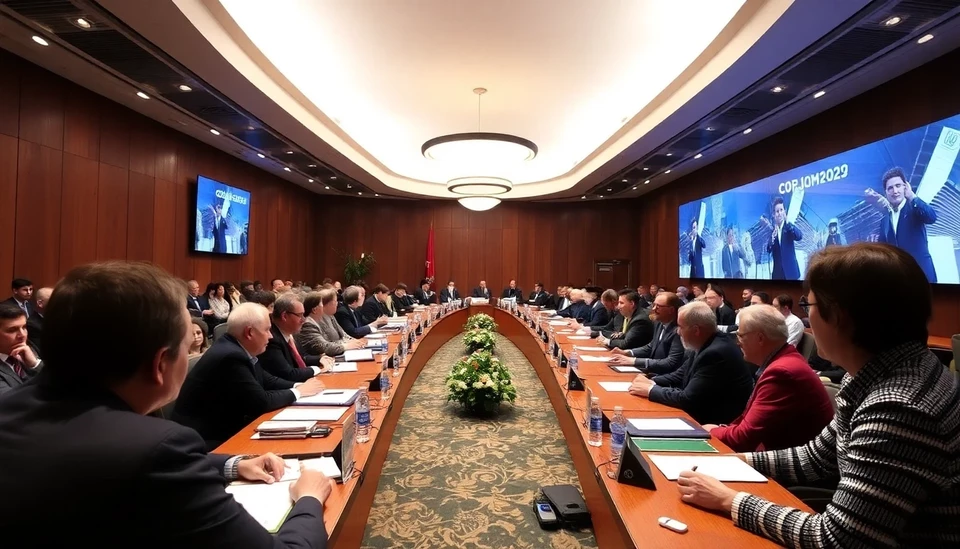
As the climate advocacy community prepares for the upcoming COP29 summit, a crucial revelation has emerged regarding the management of funds related to climate change initiatives. Recent investigations have unveiled that a substantial portion of the finances directed towards climate solutions is being funneled through private bank accounts, raising serious questions about transparency and governance in climate financing.
This troubling situation has drawn scrutiny from various stakeholder groups, including environmental activists and policy makers, who are demanding greater accountability in how climate funds are utilized. The revelations signal a growing concern over the integrity of financial management within key institutions tasked with combating climate change.
Reports indicate that these private bank accounts have been used to hold funds intended for various climate-related projects, but little oversight exists regarding their dispersal or the accountability of those managing the funds. Critics argue that this lack of transparency poses a significant risk to the effective implementation of climate initiatives, as it may prevent stakeholders from tracking how and where these vital resources are being allocated.
The association of private accounts with public climate funds contradicts the principles of transparency and ethical governance that are essential for building trust among nations and communities affected by climate change. As public pressure mounts, COP29 attendees are expected to address these financial discrepancies and discuss mechanisms to ensure better oversight of climate financing.
Furthermore, international organizations that have been instrumental in channeling funds for climate action policies are now facing heightened scrutiny. Stakeholders are calling for a reevaluation of current funding practices, urging a shift towards more transparent and accountable frameworks that would allow for real-time tracking of climate funds and their intended uses.
The COP29 summit, which aims to unite various nations in the shared goal of combating climate change, now serves as a crucial platform not just for policy discussions, but also for resolving these ongoing financial issues. Many experts argue that failing to address the implications of these private bank accounts could undermine global efforts to address the climate crisis.
In response to these rising concerns, several nations are poised to propose reforms during COP29, advocating for rigorous financial controls and the establishment of independent oversight committees. These proposals aim to create a more robust framework that ensures funds are allocated responsibly and that beneficiaries can account for their use in meaningful ways.
As delegates from around the world gather in anticipation of COP29, the urgency surrounding the management of climate financing has never been more pronounced. Stakeholders are keenly aware that shifting political landscapes can greatly influence the success or failure of climate initiatives, making the need for reform all the more critical. The summit provides a vital opportunity for nations to reaffirm their commitments to sustainable development while ensuring that the methodologies behind funding climate efforts are sound and transparent.
Ultimately, the success of COP29 may hinge on not just discussions of policy and strategy, but on addressing the foundational financial structures that underpin climate action initiatives. As the world watches, the focus will be on how these pressing issues of accountability and transparency will be navigated in the quest for effective climate solutions.
#COP29 #ClimateFinance #Transparency #ClimateAction #Sustainability #Accountability #EnvironmentalJustice
Author: Sophie Bennett




